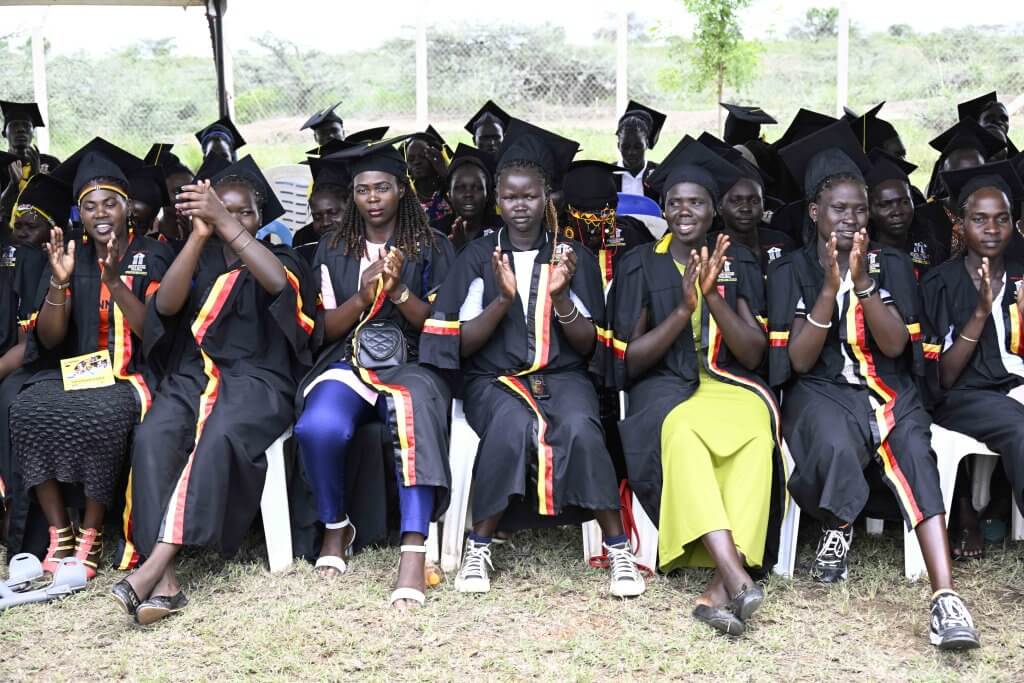Education is often hailed as the foundation of national development and personal empowerment. In Uganda, the recently published 2024 National Population and Housing Census paints a complex picture of the state of education and its implications for the country’s youth. While progress has been made, substantial challenges remain, threatening to undermine the potential of Uganda’s young population.
The census revealed a mixed bag of achievements and setbacks in Uganda’s education sector. Adult literacy has climbed to 74%, a modest improvement from 2014, with men (77%) outpacing women (72%). School attendance rates provide a stark reminder of existing inequalities. While 75% of primary-age children attend school, only 62% of secondary-age youth are enrolled, and the numbers drop to 18% for post-secondary education. Equally troubling is the finding that 20% of Ugandans aged six years and older have never attended school.
Geographic and gender disparities persist. For example, Buganda enjoys the highest literacy rates (86%), while Karamoja lags behind at just 25%. Early Childhood Education (ECE) attendance varies dramatically, with Buganda at 57% and Karamoja at a dismal 5%. These figures highlight systemic inequalities that prevent many young Ugandans, particularly girls and those in marginalized regions, from fully benefiting from education.
Uganda’s youth—a demographic constituting a majority of the population—find themselves at a crossroads. Education is key to unlocking opportunities in a rapidly evolving world, yet the system’s shortcomings present significant barriers. The high dropout rates, especially between primary and secondary education, are symptomatic of deeper issues: inadequate infrastructure, insufficient teacher training, teacher absenteeism and economic pressures that force many children to leave school prematurely to support their families.
Post-secondary education paints an equally bleak picture. With only 18% attendance, the transition to higher education or vocational training is out of reach for most young people. This gap threatens to create a generation ill-equipped for the demands of a globalized economy, where technical skills and higher education are prerequisites for meaningful employment.
Another critical finding from the census is the glaring digital divide. Internet access among individuals aged 10 years and older stands at a mere 9.2%, with rural areas faring far worse than urban centers. While 67% of internet users cite social networking as their primary activity, only 16% use it for academic purposes. Limited digital literacy and access hinder the ability of Uganda’s youth to leverage technology for education and innovation, leaving them further behind in a digitally driven world.
To address these challenges, requires a multi-faced approach. First, increasing investment in Early Childhood Education and vocational training can provide a stronger foundation for lifelong learning and economic productivity. Scholarships and Universal Secondary Education initiatives must be scaled up to ensure equitable access for marginalized groups, particularly girls and rural youth.
Second, digital literacy and infrastructure need urgent attention. Expanding internet access and integrating ICT into the education system can bridge the gap between rural and urban areas, preparing Uganda’s youth for the digital economy.
And addressing systemic inequalities in education requires targeted interventions in regions like Karamoja. These should include building more schools, hiring qualified teachers, and engaging communities to value and prioritize education.
Education in Uganda is a double-edged sword: a powerful tool for empowerment and progress, yet fraught with challenges that risk perpetuating cycles of poverty and inequality. The 2024 census highlights the urgent need for strategic interventions to ensure that every young Ugandan has the opportunity to realize their full potential. If the nation can rise to this challenge, it will not only transform the lives of its youth but also secure a brighter, more equitable future for all Ugandans.
